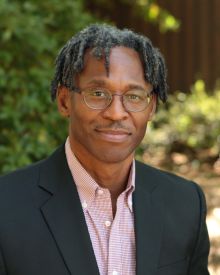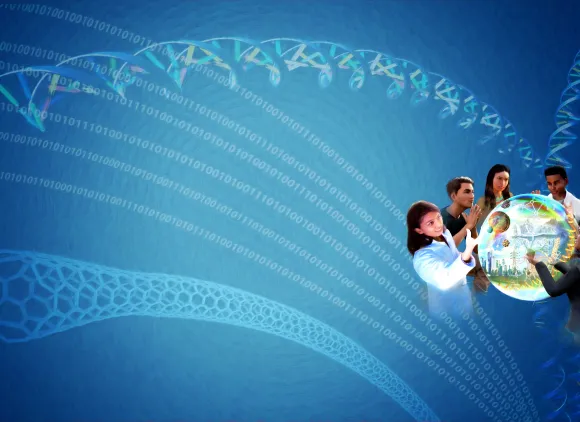Biography

Dr. Vernon Morris
Professor of Chemistry and Environmental Sciences
Director of the School of Mathematical and Natural Sciences
New College for Interdisciplinary Arts and Sciences
Arizona State University
P.O. Box 37100, MC 1251
Phoenix, AZ 85306
Term: 06/01/2020 – 05/31/2026
Vernon Morris joined Arizona State University as Professor of Chemistry and Environmental Sciences and Director of the School of Mathematical and Natural Sciences at the New College of Interdisciplinary Arts and Sciences in July 2020. Previously, Morris was a professor in the Department of Chemistry and director of the atmospheric sciences program at Howard University (HU). He was the principal investigator and founding director of the NOAA Cooperative Science Center in Atmospheric Sciences and Meteorology, a thirteen-member academic research consortium that partners with NOAA's National Weather Service, the National Satellite and Environmental Data Service and Oceanic and Atmospheric Research to advance scientific knowledge about the world's atmosphere and societal responses to weather, climate, and air quality phenomena. He also founded the HU Graduate Program in Atmospheric Sciences.
Morris graduated with undergraduate degrees in chemistry and mathematics from Morehouse College and later earned his doctorate from Georgia Tech in geophysical sciences. He completed his postdoctoral study at Lawrence Livermore National Laboratory and the University of California, Davis. He has served as chief scientist for 11 trans-Atlantic science expeditions (the AERosols and Ocean Science Expeditions) aboard the NOAA class-1 research vessel, the Ronald H. Brown. Each time, he led an international team of scientists in a multidisciplinary study of the influences and life cycle of atmospheric particles emitted from the Saharan Desert on the regional atmosphere and ocean. He has won numerous academic and scientific honors and awards, including being inducted as a History Maker in Science in 2012, winning the NOBCChE Henry Cecil McBay Outstanding Teacher Award in 2012, becoming a Fulbright Specialist in 2013, and in 2016 being elected as a Fellow of the American Meteorological Society.



